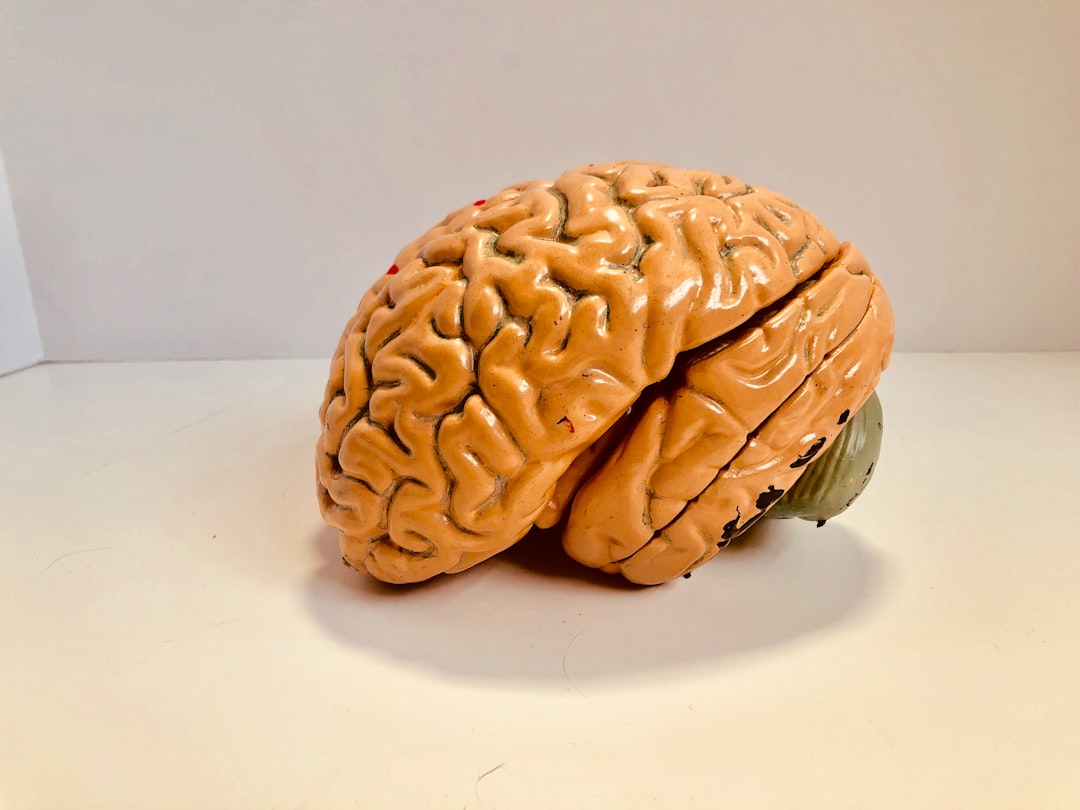Revolutionizing Mental Health Treatment: Exploring the Potential of Repetitive Transcranial Magnetic Stimulation (rTMS)
AN
In the realm of mental health treatment, innovation is key to offering hope to those suffering from conditions like depression, anxiety, and beyond. Among the plethora of therapeutic interventions available, one that stands out for its promising results and non-invasive nature is Repetitive Transcranial Magnetic Stimulation (rTMS). This article delves into the intricacies of rTMS, its mechanism of action, therapeutic applications, and the burgeoning recognition it's gaining as a viable treatment option.

Understanding rTMS:
Repetitive Transcranial Magnetic Stimulation (rTMS) is a cutting-edge procedure that utilizes magnetic fields to stimulate nerve cells in the brain. Unlike conventional treatments such as medication or electroconvulsive therapy (ECT), rTMS offers a non-pharmacological and non-invasive approach to mental health treatment. The procedure involves placing an electromagnetic coil against the scalp near the forehead, specifically targeting areas of the brain associated with mood regulation and emotional processing.
According to the Mayo Clinic, rTMS works by delivering repetitive magnetic pulses to the brain, stimulating nerve cells and facilitating changes in neural activity. This modulation of brain activity has been shown to have therapeutic effects, particularly in conditions where there is decreased activity in certain regions of the brain, such as depression.
Mechanism of Action:
The mechanism of action underlying rTMS lies in its ability to induce neuroplasticity, the brain's capacity to reorganize and adapt in response to external stimuli. As outlined in a study published by the National Center for Biotechnology Information (NCBI), rTMS exerts a modulatory effect on cortical excitability, influencing synaptic connections and neural circuits involved in mood regulation.
By precisely targeting specific areas of the brain implicated in mood disorders, rTMS can effectively restore neural activity patterns associated with healthy emotional functioning. This targeted approach minimizes the risk of adverse effects commonly associated with traditional treatments, making rTMS a safer and more tolerable option for many individuals.

Therapeutic Applications:
The therapeutic applications of rTMS extend beyond depression, encompassing a range of psychiatric and neurological conditions. Clinical research has demonstrated the efficacy of rTMS in treating anxiety disorders, obsessive-compulsive disorder (OCD), post-traumatic stress disorder (PTSD), and even chronic pain syndromes.
Moreover, rTMS holds promise as a potential intervention for neurological disorders such as Parkinson's disease, Alzheimer's disease, and stroke rehabilitation. By harnessing the brain's inherent plasticity, rTMS offers a novel approach to enhancing cognitive function and motor recovery in individuals with neurological impairments.
The Road to Recovery:
For individuals struggling with treatment-resistant depression or other mental health challenges, exploring alternative therapies like rTMS can be a beacon of hope. Unlike conventional treatments that may yield limited results or intolerable side effects, rTMS offers a gentler yet effective approach to symptom management.
One notable advantage of rTMS is its minimal risk profile and lack of systemic side effects, making it suitable for individuals who cannot tolerate or prefer to avoid pharmacotherapy. Furthermore, the outpatient nature of rTMS allows for greater flexibility and convenience, enabling individuals to integrate treatment seamlessly into their daily lives.
Choosing Excellence in Treatment:
When considering rTMS as a treatment option, selecting a reputable and experienced healthcare provider is paramount. Top Medics Muscat stands out as an excellent destination for individuals seeking high-quality rTMS therapy in a supportive and professional environment. With a team of skilled practitioners and state-of-the-art facilities, Top Medics Muscat offers personalized treatment plans tailored to each individual's unique needs.
In conclusion, Repetitive Transcranial Magnetic Stimulation (rTMS) represents a groundbreaking advancement in mental health treatment, offering new possibilities for individuals struggling with a variety of psychiatric and neurological conditions. By harnessing the power of magnetic stimulation to modulate brain activity, rTMS holds the potential to transform lives and pave the way towards a brighter future for mental health care.
References:
"Repetitive transcranial magnetic stimulation (rTMS)" - Mayo Clinic Link
"Transcranial Magnetic Stimulation: A Neuropsychiatric Tool" - National Center for Biotechnology Information Link
"Transcranial magnetic stimulation" - Wikipedia Link
"Repetitive transcranial magnetic stimulation: a novel approach for treating fibromyalgia syndrome" - National Center for Biotechnology Information Link
